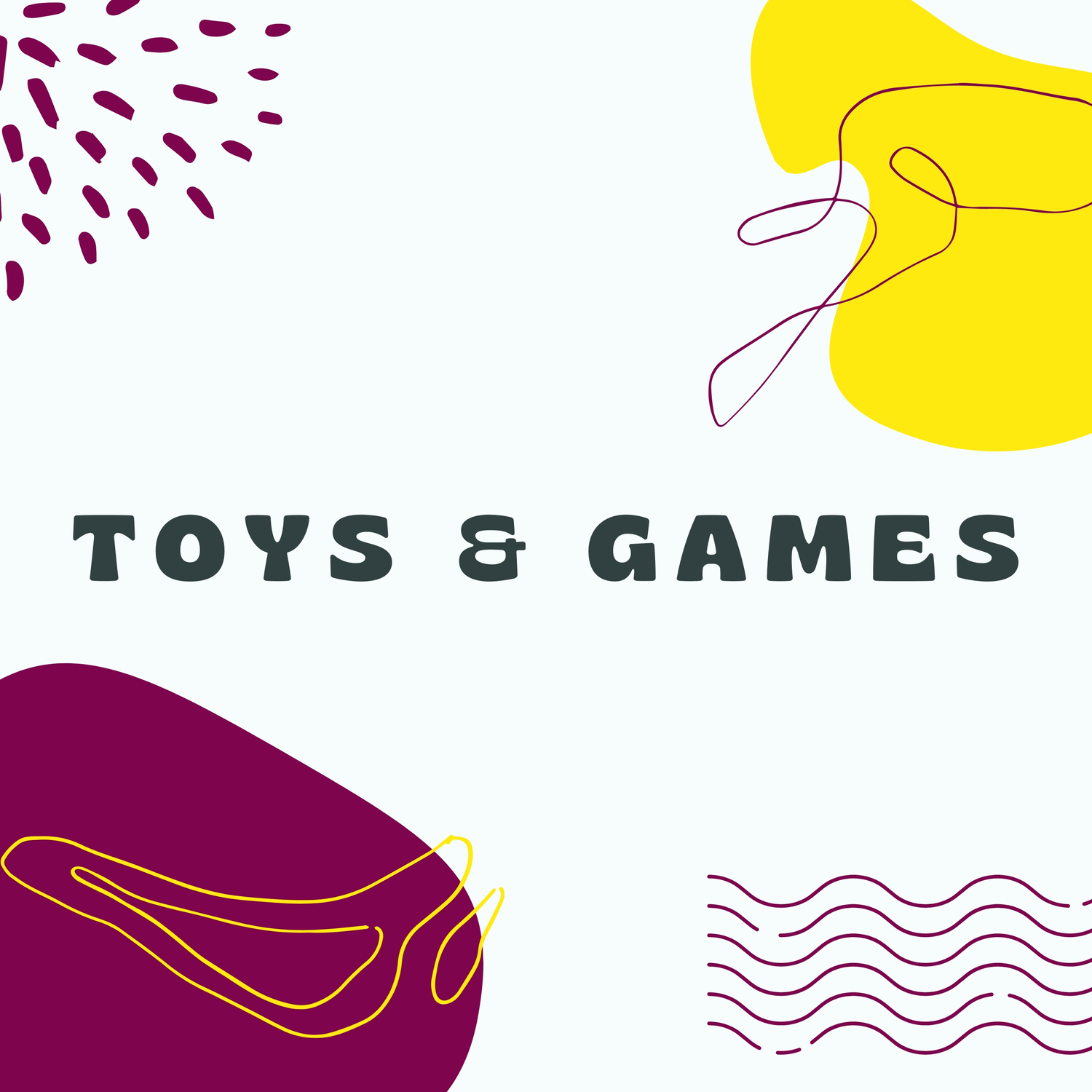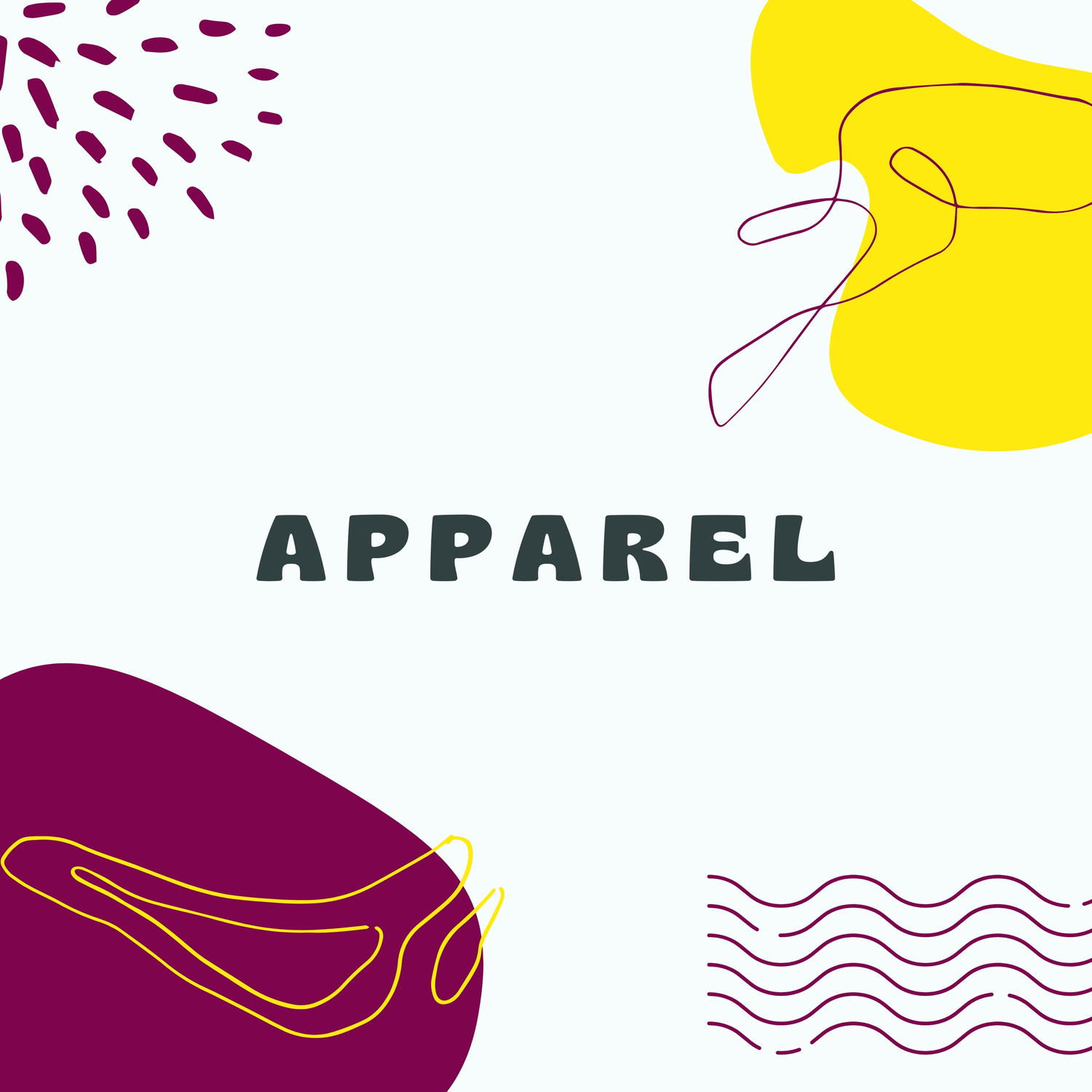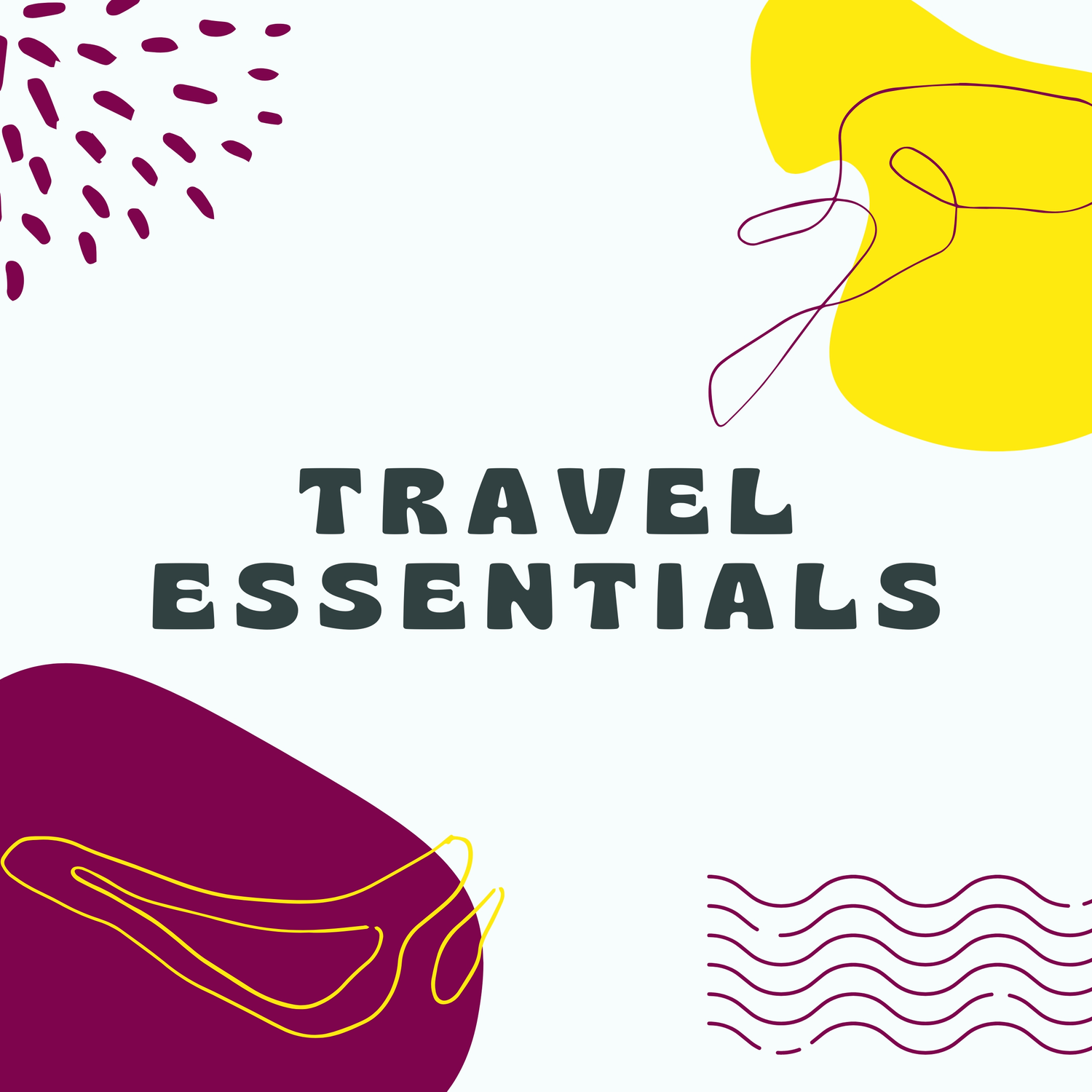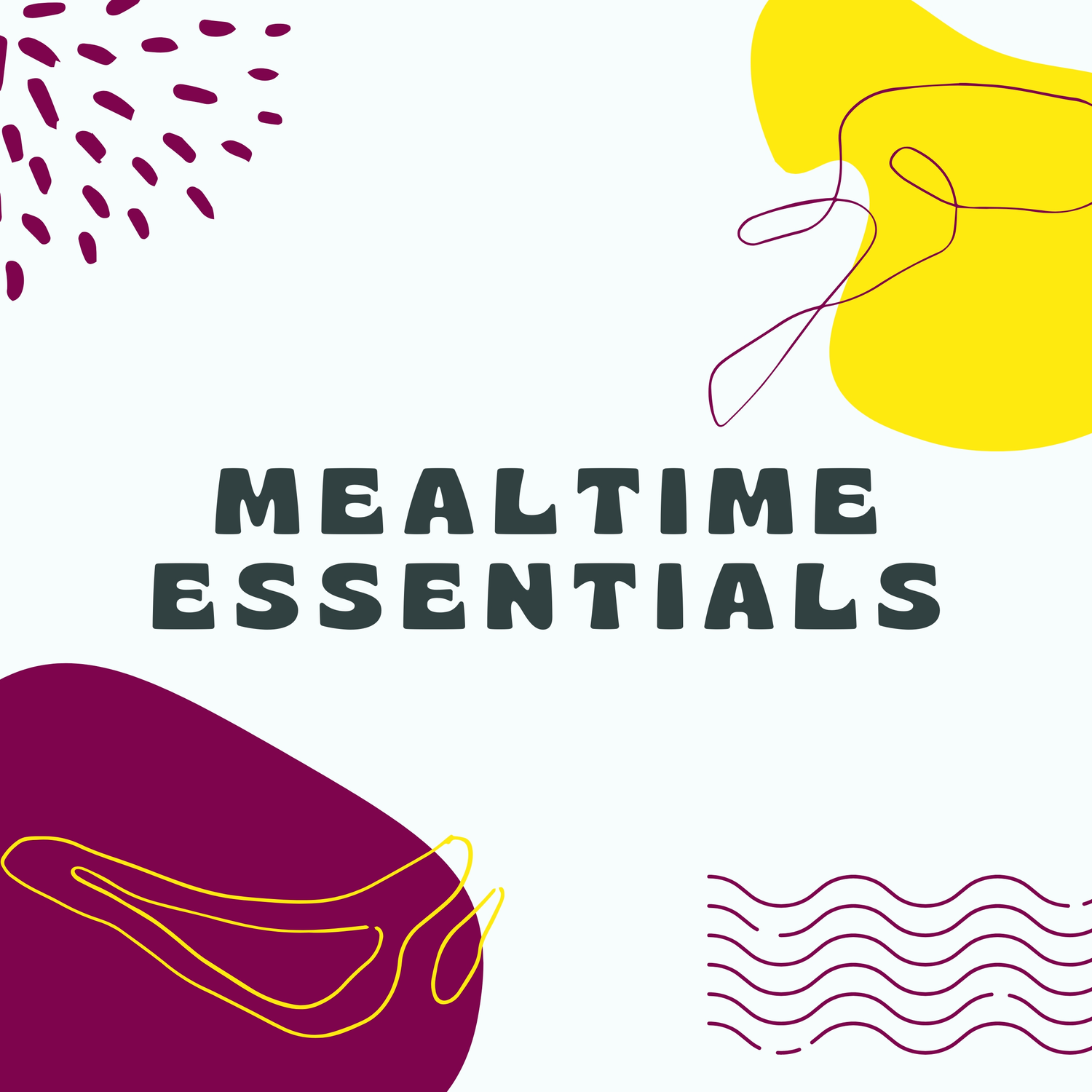
The Ultimate Guide to Travelling with a Bottle-Fed Baby (8 Parent-Tested Tips)
Nina PaulusShare
Travelling with a baby is already a logistical puzzle. Add bottle-feeding into the mix and suddenly it feels like you’re packing half the kitchen. Bottles, formula powder, sterilising equipment, clean water, spare teats… the list adds up quickly.
The good news is that travelling with a bottle-fed baby doesn’t have to feel overwhelming. With a bit of preparation and a few practical tricks, you can simplify feeding on the go and avoid hauling unnecessary gear through airports, hotels, or on road trips.
Below are eight practical, parent-tested tips that make travelling with a bottle-fed baby much easier.

Tip #1: Bring pre-boiled water for flights
Feeding a baby on a plane can be tricky, especially if you’re relying on powdered formula.
A simple trick is to bring pre-boiled, cooled water in sterilised bottles. Many parents assume they can’t carry liquids through airport security, but baby food and formula are usually exempt from the standard liquid limits. Airport security may screen the bottles separately, but they are generally allowed.
Having pre-boiled water ready means you can prepare a bottle quickly during the flight without relying on the cabin crew.
Most airlines can provide hot water if needed, but keep in mind that aeroplane water systems are not always designed for formula preparation. Health authorities such as the World Health Organization recommend preparing infant formula with water that has been boiled and cooled to at least 70°C to reduce the risk of bacteria such as Cronobacter sakazakii.
If your baby prefers warm milk, a small insulated bottle warmer or thermal sleeve can help maintain temperature during the flight.
Extra tip:
Choose an aisle seat if possible. It makes it much easier to stand up, grab your bag and prepare a bottle without climbing over sleeping passengers.
Tip #2: Simplify bottle sterilisation while travelling
Sterilising bottles on the road can sound complicated, but it doesn’t need bulky equipment.
Two lightweight solutions work particularly well when travelling:
Microwave steam steriliser bags
These fold flat in your bag and only require a microwave and a little water. They are reusable and widely used by travelling parents.
Milton sterilising tablets
These tablets dissolve in water and sterilise bottles in about 15 minutes. They are commonly used in hospitals and are very portable.
Both options let you keep bottles hygienic without packing a large steriliser.
Extra tip:
Pack a small bottle of baby-safe dish soap and a compact bottle brush so you can properly clean bottles before sterilising them.
Tip #3: Try room temperature bottles
Many babies are perfectly happy drinking milk that is room temperature or slightly cool.
If your baby accepts it, this can make travel dramatically easier. You can mix formula quickly without needing to warm bottles or hunt for hot water in airports, hotels or rest stops.
It also reduces the amount of equipment you need to carry.
Extra tip:
Test this at home before travelling. Some babies adjust easily, while others strongly prefer warm milk.
Tip #4: Pre-portion your formula powder
Trying to scoop formula while holding a baby in a cramped plane seat is not anyone’s idea of fun.
Formula dispensers solve this problem. These small containers allow you to pre-measure the exact amount of formula powder for each feed.
When your baby is hungry, you simply pour the powder into the bottle and add water. No measuring, no spills, no bulky formula tins in your carry-on.
Some dispensers have multiple compartments so you can prepare several feeds ahead of time.
Tip #5: Pack a dedicated feeding kit
When your baby is hungry, the last thing you want is to dig through multiple bags searching for a bottle.
Create a dedicated feeding kit that includes:
- bottles
- formula dispensers
- sterilising supplies
- bottle brush
- spare teats
- bibs or wipes
Keep everything together in one small bag inside your carry-on or nappy bag. This makes feeding faster and far less stressful when you’re on the move.
Extra tip:
Always pack one or two extra bottles and teats in case something gets lost or dropped.
Tip #6: Consider ready-to-feed formula
Ready-to-feed formula can be a lifesaver while travelling.
Unlike powdered formula, these bottles are pre-mixed and sterile, so you can feed your baby immediately without measuring, mixing, or heating.
They are particularly useful for:
- flights
- long car journeys
- airport delays
- night feeds in unfamiliar places
Just open the bottle, pour it into a sterilised bottle and feed.
Most airports and airlines allow ready-to-feed formula in reasonable quantities because it is considered essential baby food.
Tip #7: Feed during take-off and landing
Many babies become uncomfortable during flights due to changes in air pressure.
Feeding your baby during take-off or landing can help because the swallowing motion helps equalise pressure in the ears.
This is the same reason adults chew gum during flights.
Even a short feed can make the experience more comfortable for your baby and reduce fussiness.
Tip #8: Stay flexible and follow your baby’s cues
Travel often disrupts routines, and babies can become hungry earlier or later than usual.
Instead of sticking rigidly to a schedule, watch for your baby’s cues. Offer smaller, more frequent feeds if needed, especially during long travel days.
Also, remember that travel environments like planes, cars and air-conditioned buildings can be dehydrating. Regular feedings help keep babies comfortable.
Parents sometimes underestimate how much their own stress affects a baby. Babies are very sensitive to their caregiver’s emotional state. Staying calm and organised helps create a more relaxed feeding experience.
A small thermal flask of hot water can also be incredibly useful. It allows you to warm bottles if needed and can also come in handy for making tea or coffee during long travel days.
Final thoughts
Travelling with a bottle-fed baby might seem complicated at first, but most parents quickly discover that a few smart strategies make a huge difference.
Preparing formula portions in advance, simplifying sterilisation and organising a dedicated feeding kit can reduce both the amount of gear you carry and the stress of feeding on the move.
With a little preparation and a flexible mindset, feeding your baby while travelling becomes just another part of the adventure. And once you find your rhythm, exploring the world with your little one can be far easier and far more enjoyable than you might expect.




